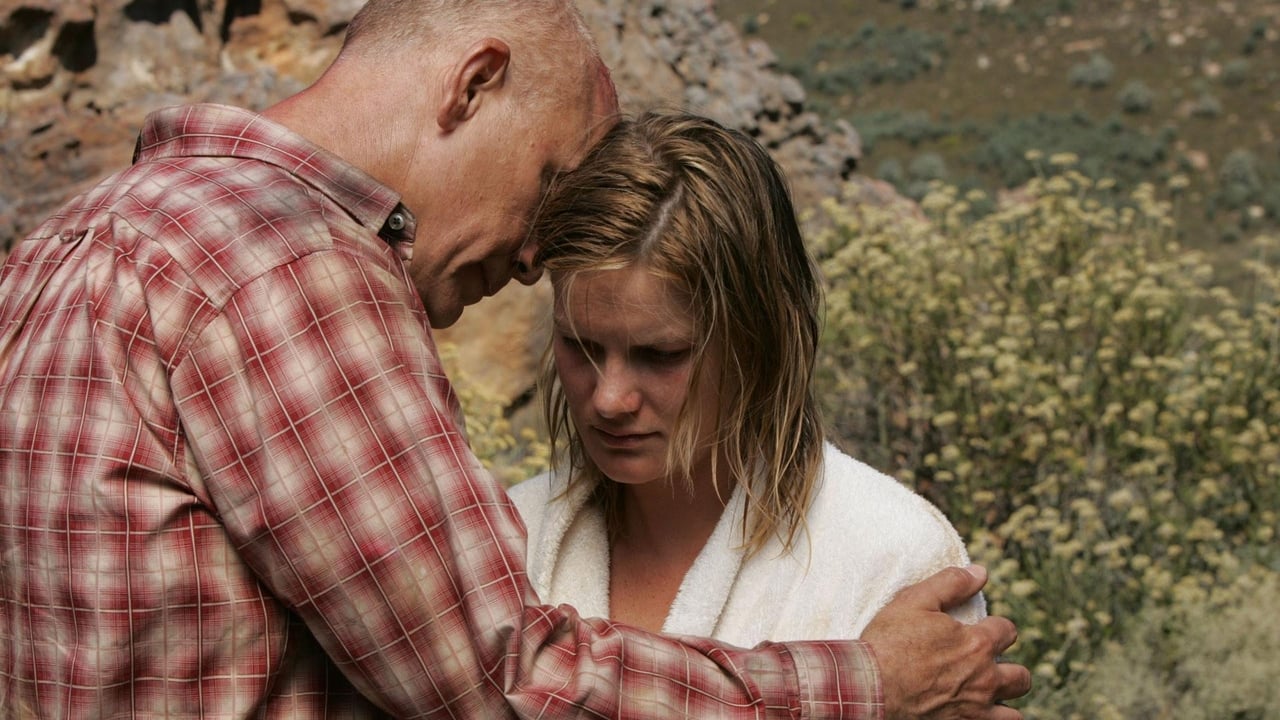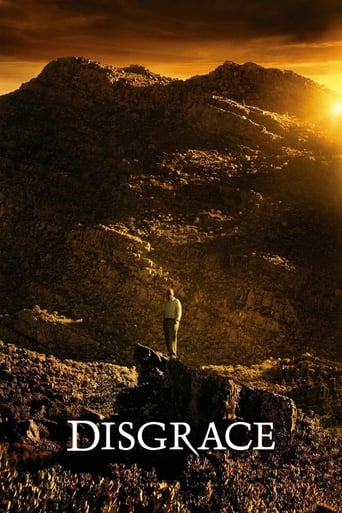

The Worst Film Ever
... View MoreSurprisingly incoherent and boring
... View MoreThe thing I enjoyed most about the film is the fact that it doesn't shy away from being a super-sized-cliche;
... View MoreThe tone of this movie is interesting -- the stakes are both dramatic and high, but it's balanced with a lot of fun, tongue and cheek dialogue.
... View MoreBad, bad, bad.Mediocre acting.Poor casting.Mediocre script; and in particular... unconvincing motivation of characters, leading to a multitude of questions like why did a particular character take one action instead of a different, and more logical action? Very little that anyone does in this story makes sense, apart from the actions of Melanie's parents and the College administrators.It is not convincing that Melanie would have anything to do with the rather repulsive college professor.(spoiler) I'm not convinced of Lurie's supposed reformation; to my eyes it is either meant to be fake or it's bad acting. (spoiler)I've not read the book, but I don't think I should have to; a filmed version of a book should be able to stand on its own. If it is necessary then the film has failed.Supposedly an allegory, but surely the point of an allegory is that a seemingly different story/circumstance can give insight into another, but when the allegory is as confused as this, then it just does not work on any level.
... View MoreGreetings from Lithuania."Disgrace" (2008) is a mesmerizing motion picture, almost flawless. Shamefully, i saw this movie just in the beginning of 2014, and even bigger shame, it is so underrated back in 2008. I truly, strongly believe, that "Disgrace" on of the best pictures of 2008. It was snubbed then, but a true movie goers will find out how good it is no matter when - true art finds it's way. The acting by a great John Malkovich is one of his very best in his great career. The story is superb, the storyline evolves so smoothly, so realistic and on the same time so difficult to comprehend that you will be fully absorbed in it. It's like reading a good book, you can simply put it a way until you will finish it. What a movie, what a story.Overall, a true 10/10 for "Disgrace", of of the best movies of the year, do your self a favor an watch this overlooked gem, it's a truly masterfully storytelling, acting an overall superb movie experience.
... View MoreBeing John Malkovich means you can make this sort of fairly unpleasant and often disturbing dark tale into both an actor's piece and a reasonably good movie, from what is a bit of a dog's ear, which I saw on BBC1.Few do contemptible sneering the way that Malkovich can and as in his best roles, he's a suitably complex nasty piece of work, emotionally shallow and morally drowning, we see him fall from what grace he had - and into the disgrace of the title.Set in post Apartheid South Africa, the location is unusual as are the economic and political set-ups, creating an intriguing if beguiling premise. It's based on the Booker Prize-winning novel by J M Coetzee and ably directed by Steve Jacobs, of which this is his second only feature.After the suicide of the young female mixed-race student, who had had a sexual relationship with white university lecturer David Lurie (Malkovich), the English professor is sacked. Finding he has no option, he goes to live with his lesbian daughter on a remote farm in the bush. Both willing to fit in and help to protect his own interests Lurie tries to accept both his fate and the set-up he has to tolerate, while the ever presence of black odd-job worker Petrus (Eriq Ebouaney) both irritates and underscores the whole black/white power struggle that resonates throughout the film.Just as the film settles, some very nasty things happen and these are, frankly, unpleasant and difficult to sit through, with no restraints on graphic details. He's set on fire, pet dogs slaughtered and a rape. All done by black youths, seemingly on a whim.Get past these though and the you will be rewarded; not in a film of great triumph and people changed and redeemed, riding off into the sunset but a slow realisation that life is just that and one has to admit personal shortfalls and to live with that. Disgrace is a fairly memorable film (maybe some of the parts more than the whole) but isn't one I particularly wish to see again, so the DVD won't be on my Christmas wish-list. For those who like and appreciate a challenging, well acted and modern human drama, it has a lot going for it.
... View More"Disgrace" is a modern classic about South Africa. It is thoughtful yet disturbing, rich with emotion but grating, fertile yet ravaging. This is no place for pussy cats. It is exhilaratingly realistic, laced with romantic sentiment and veined by the theme of adamantine loyalty – an excellent movie. It puts the older well-intentioned but unctuous films about South Africa – like the adaptations of "Cry the Beloved Country" – to shame for their naiveté."Disgrace" is a story with a hard parable: wolves eat dogs. In spite of the fact that in the film's DVD "bonus" section there so much talk about being "forward looking" and positive; far more than these feel-good qualities is the story's demand for survival, the need to adapt to the environment (regardless of its warmth or gentle, amiable qualities).On one level "Disgrace" is "Ryan's Daughter" without romance but a hell of a feeling. In terms of actors & characters it's first rate. Malkovich is perfectly cast as the self-indulgent & Byronically self-destructive university professor. Nathalie Becker is ace perfect in tone and body; sexual but not sexy, fertile yet dry. She is the land of South Africa. In opposition & complement is the brilliant black actor Eriq Ebouaney, the power of whose character grows on you like a root of meaning taking hold. His grace & subtlety as an actor in the demanding role he plays gives new depth to the otherwise over-used theme of identity politics."Disgrace" is a worthy, worrying film; far more gritty docudrama than bloodless fiction.
... View More